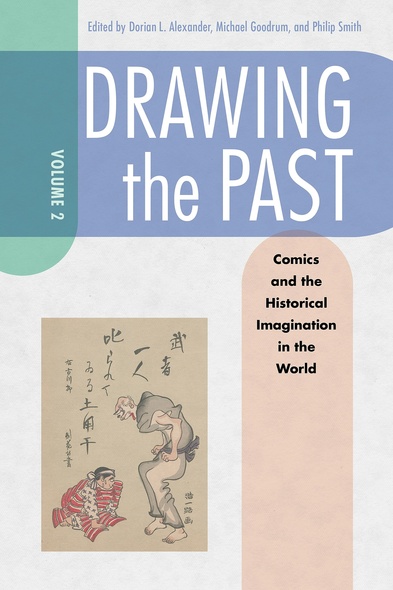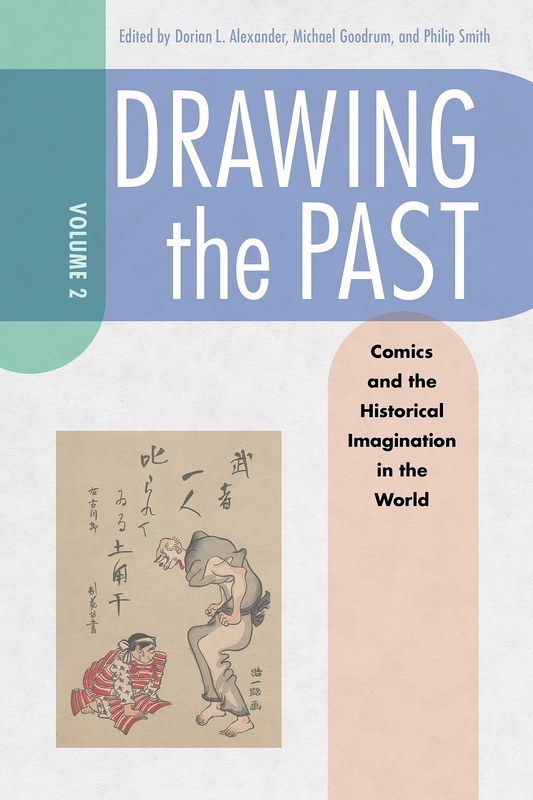
Drawing the Past, Volume 2
Comics and the Historical Imagination in the World
In Drawing the Past, Volume 2: Comics and the Historical Imagination in the World, contributors seek to examine the many ways in which history worldwide has been explored and (re)represented through comics and how history is a complex construction of imagination, reality, and manipulation. Through a close analysis of such works as V for Vendetta, Maus, and Persepolis, this volume contends that comics are a form of mediation between sources (both primary and secondary) and the reader. Historical comics are not drawn from memory but offer a nonliteral interpretation of an object (re)constructed in the creator’s mind. Indeed, when it comes to history, stretching the limits of the imagination only serves to aid in our understanding of the past and, through that understanding, shape ourselves and our futures.
This volume, the second in a two-volume series, is divided into three sections: History and Form, Historical Trauma, and Mythic Histories. The first section considers the relationship between history and the comic book form. The second section engages academic scholarship on comics that has recurring interest in the representation of war and trauma. The final section looks at mythic histories that consciously play with events that did not occur but nonetheless inflect our understanding of history. Contributors to the volume also explore questions of diversity and relationality, addressing differences between nations and the cultural, historical, and economic threads that bind them together, however loosely, and however much those bonds might chafe.
Together, both volumes bring together a range of different approaches to diverse material and feature remarkable scholars from all over the world.
Contributions by Dorian Alexander, Chris Bishop, David Budgen, Lewis Call, Lillian Céspedes González, Dominic Davies, Sean Eedy, Adam Fotos, Michael Goodrum, Simon Gough, David Hitchcock, Robert Hutton, Iain A. MacInnes, Małgorzata Olsza, Philip Smith, Edward Still, and Jing Zhang.
Drawing the Past, Volume 2: Comics and the Historical Imagination in the World approaches nuances and features of history and comics not thought about very frequently in comics/history, i.e., benefits of gaps in knowledge, the colonial present, gutters of history, hair as a method of language, the schism of history and memory, panoramic painting, visual arts as history, alternate pasts. . . . This book is informative, interesting, and academically sound.
Dorian L. Alexander is a PhD candidate in English at the University of Washington. They write comics on a variety of topics for The Nib. Michael Goodrum is senior lecturer in modern history at Canterbury Christ Church University. He is author of Superheroes and American Self Image: From War to Watergate. With Philip Smith, he is coauthor of Printing Terror: American Horror Comics as Cold War Commentary and Critique and coeditor of “Firefly” Revisited: Essays on Joss Whedon’s Classic Series. Philip Smith is associate chair of liberal arts and professor of English at Savannah College of Art and Design. He is author of Reading Art Spiegelman and Shakespeare in Singapore: Performance, Education, and Culture. He is coeditor of The Struggle for Understanding: Elie Wiesel’s Literary Works and Gender and the Superhero Narrative, published by University Press of Mississippi.





